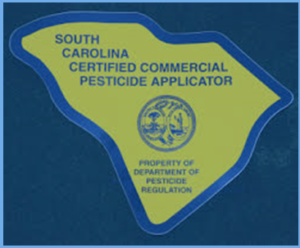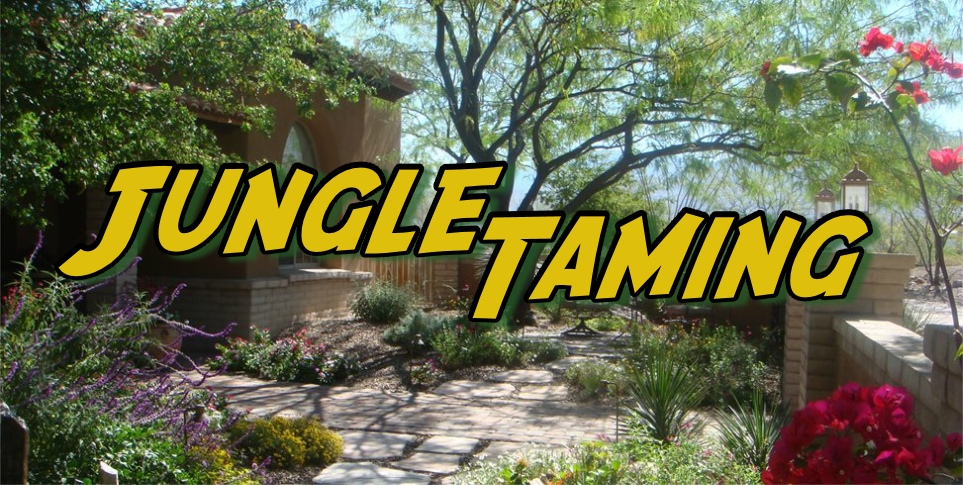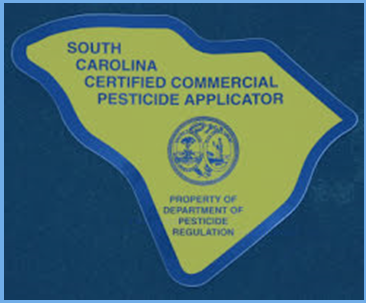Your home is your castle, and your yard is your domain. Each day you walk out and survey your subjects and they are many. They include roses, hollies, flowers of all types, trees, azaleas, a sea of a million turf grass plantlets connected with their stolens ……. They have served you well. However, there comes a time when some adjustment needs to be done, like solving a problem by eliminating crabgrass and other unwanted weeds in the lawn and fertilizing for more green growth.
Neighbors are very helpful when giving free advice. I guess it is the prestige that comes when they know more than you do about how to fix something. You may say to one of them:, “how do I get rid of the crabgrass in my lawn?” Your neighbor may respond: “you need a weed killer, call Bill down the street. He has a yard handyman working in his yard & he’ll know what to do.” And so the problems begin because most yard handymen only know what the employees of stores that sell yard chemicals tell them. And most of those hourly employees only know enough to tell you where to find the chemicals to kill weeds, not how to select the right herbicides, much less how to apply them correctly. After all, the stores are in the business of selling you products, not educating you on their use. By the way, I am not implying that all yard handymen lack the knowledge to serve their various homeowners effectively. As a matter of fact, I have many friends who are yard handymen & they are good at what they do, like mow-blow and go. However, my point is that a little knowledge in the wrong hands is a dangerous thing.
Let us say it is May and the lawn is taking its jolly good time in recovering from winter injury, and there are unwanted weeds popping up in the bare areas between patches of turf grass. The handyman, we’ll call him handyman Dan, scratches his head and thinks, “I can kill the weeds and make the grass grow by “throwing down” a fertilizer combined with a herbicide.” Dan spins out the mixture without measuring the area of the lawn. “Heck, if a little bit works, then a whole lot works better”.
Weeks pass by and there is little improvement. Dan thinks again, “the grass isn’t growing and the weeds are still alive, I think I’ll give it another shot”. Unbeknownst to Dan, the fertilizer he used was loaded with a pre-emerge herbicide that inhibits further turf grass root development & that slows down nutrient and water uptake. A sign of overuse of pre-emergent herbicide is short and stubby roots underneath the newly formed runners (stolens). Eventually the roots turn brown and die. The preceding was just an example the problem caused by hired yard handymen like Dan and homeowners alike.
In a previous article “It’s Time to Stop Finger Pointing, Bring in the Third Party” I tried to make a point. Consult with a trained lawn care consultant and treat the problem accordingly, especially if you are not under contract with a Certified Pesticide Applicator.
Many times I have been called to yards where mistakes were made, most of them by hired handymen and homeowners. If the homeowner or their hired yard person is applying pesticides, keep records. It is very helpful for the homeowner to keep an empty bag or container to help identify the problem or problems that may occur in the yard. The homeowner should ask the yard person to leave an empty bag as a record of what was put down. With that said, I do not condone the use of yard handymen services unless they have an applicator’s license to apply pesticides. As a matter of fact, it is against South Carolina law for an unlicensed contractor to apply pesticides. On the other hand, application of a product like strait fertilizer ( i.e. without herbicide) is permitted.
So, to sum up, this is what homeowners should do when trying to improve their lawns:
(1) Get on site advice from a lawn care consultant.
(2) Make sure to follow recommended instructions.
(3) Make notes concerning when chemical treatments are applied and save at least 1 empty bag of the material used, along with a sales receipt. Also note , the chemical materials applied, the date applied and amount used.
The following information is to help homeowners to make sure they are dealing with Certified Pesticide Applicators. This is public knowledge. Go on line and type www.clemson.edu/dpr , click Re certification Credits & Courses, Click Commercial, Click a County, look for category 3 or type regfocus.clemson.edu/dpr/commercial.htm for a list of South Carolina Certified Commercial Pesticide Applicators. The counties listed on that site are their home bases, but many apply pesticides in adjoining counties. For example, check Richland, Lexington and Kershaw counties if you live in Richland County.
 This decal is on both fenders of the S.C. Certified Commercial Pesticide Applicator’s vehicle.
This decal is on both fenders of the S.C. Certified Commercial Pesticide Applicator’s vehicle.
Again, it makes good sense to do business with a Certified Commercial Pesticide Applicator.
You castle owners remember, treat the subjects in your domain right, and they will serve you well.





